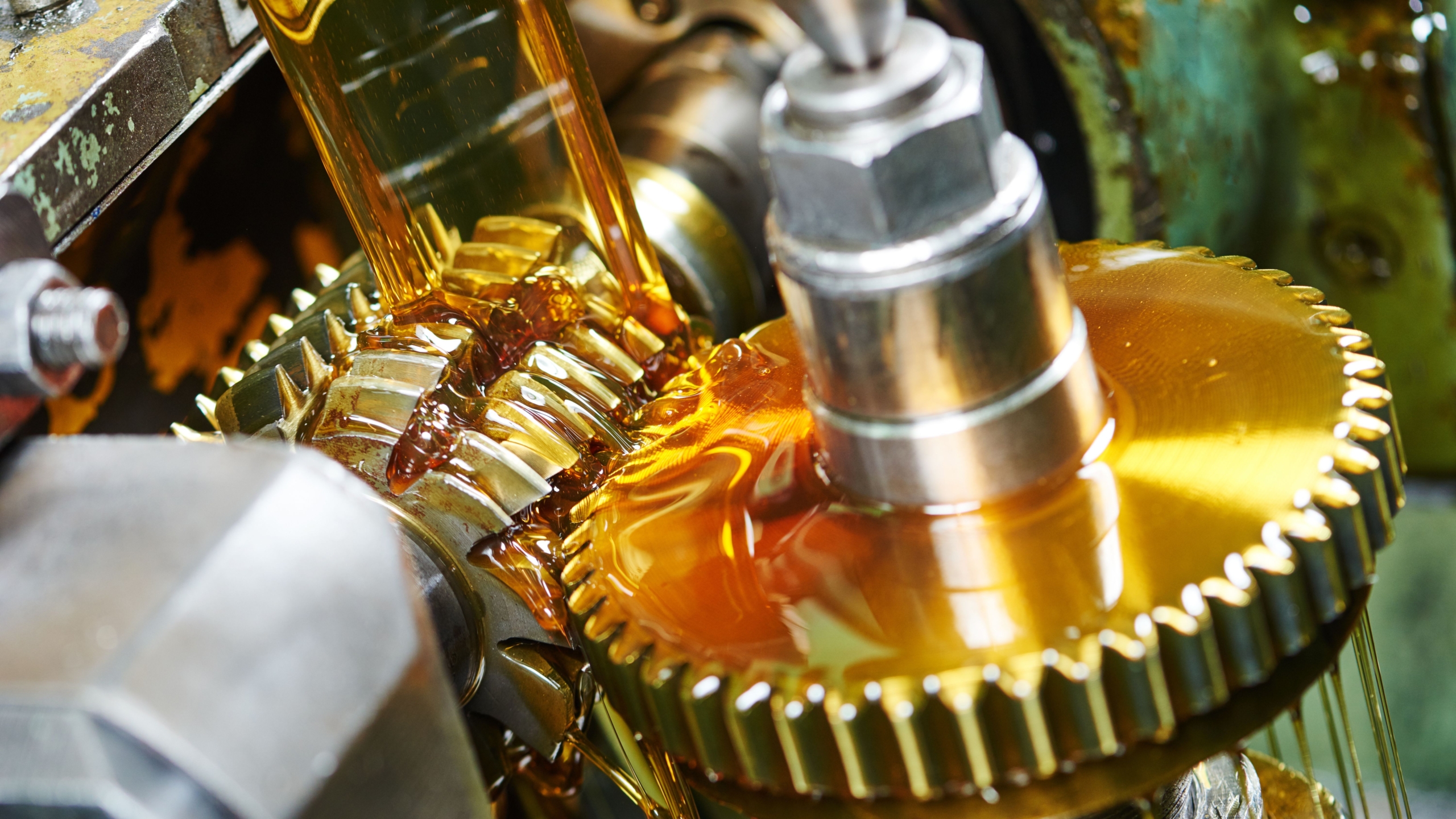It’s well known that water and oil don’t mix, and when water gets into your lubrication systems or equipment, it can wreak havoc. Most commonly, this occurs due to lubricant being contaminated by water. In this article, the LH Travis team will walk you through just what can happen to your equipment if water gets into your lubricant.
The Many Ways Water Can Damage Equipment
There are a surprisingly large number of ways water can damage your equipment, including:
- Rust and corrosion of system parts, leading to component damage and equipment failure
- Cavitation and erosion; in other words, microscopic bubbles of water vapor collapsing under pressure, creating microscopic cracks and surface erosion
- Lubricant degradation, primarily due to the oxidation of oils, reducing the useful life of the lubricant and leading to deposits of sludge that can cause clogs
- Decreased viscosity can result from large amounts of water, reducing the load carrying capability of your lubricant and leading to greater friction and wear
- Hydrolysis, in other words, water reacting with lubricant additives, causing them to break down. This reduces effectiveness and can lead to acidic byproducts forming that can damage seals and other components
- Microbial growth fostered by the presence of water, which then produces acids and other corrosive substances that can lead to clogs and damage
All lubricants have some amount of dissolved water, but when the water content increases, problems start to arise. Indicators of water intrusion include hazy or cloudy lubricant, or water separating out of the oil. In many cases, lubricant will need to be sampled and left to cool before this is apparent.
There are many ways to help prevent water intrusion in your lubricants. Your main defense is proper lubricant storage. This means storing lubricants in well sealed containers and using tools like desiccant breathers and filtration equipment. Synthetic oils are also more resistant to issues caused by water intrusion.
Water Woes? LH Travis Is Here to Help
Keeping your lubricants free of water and other contaminants is essential for keeping your lubrication systems and essential equipment running properly. Struggling to keep water out of your lubricants? Contact LH Travis today to speak to our team of lubrication specialists.

